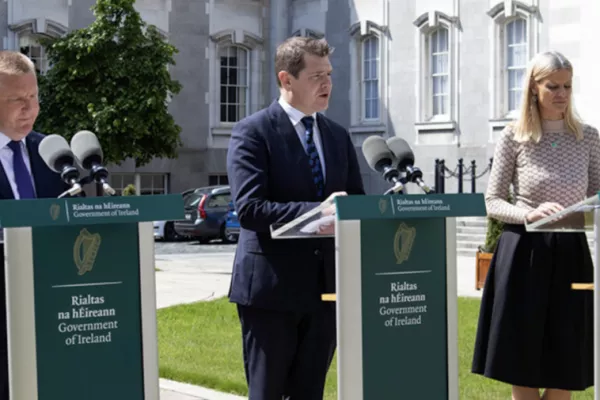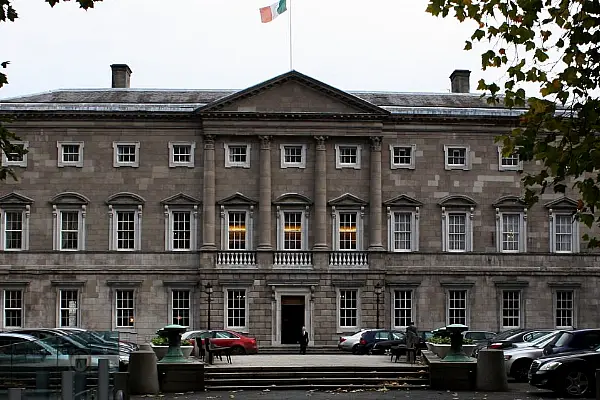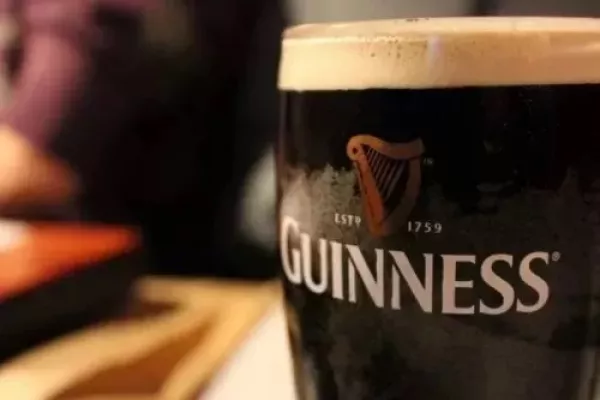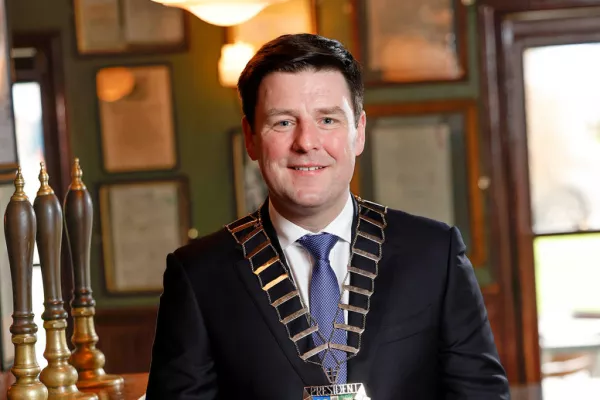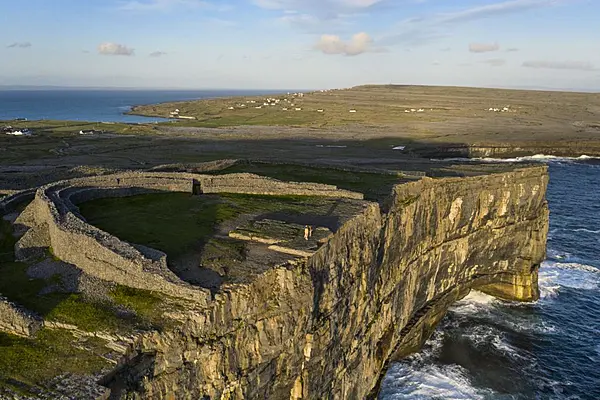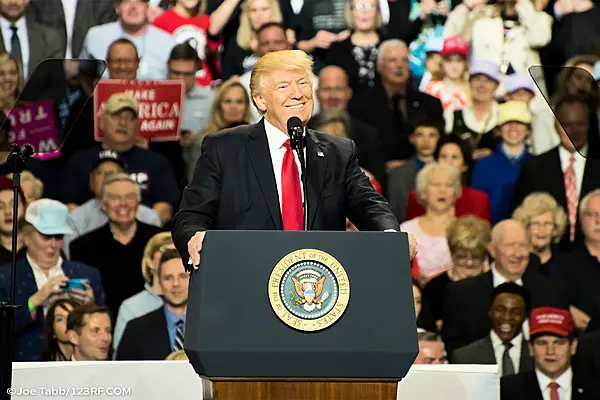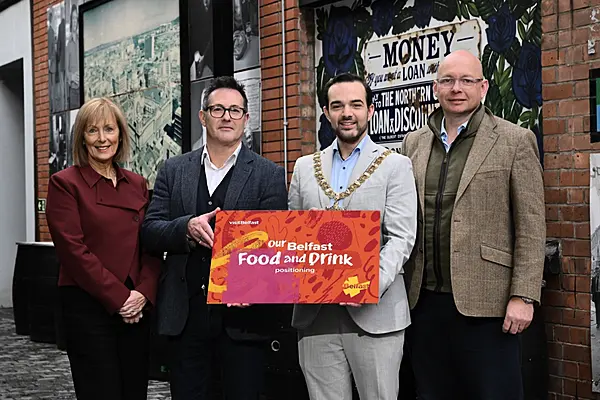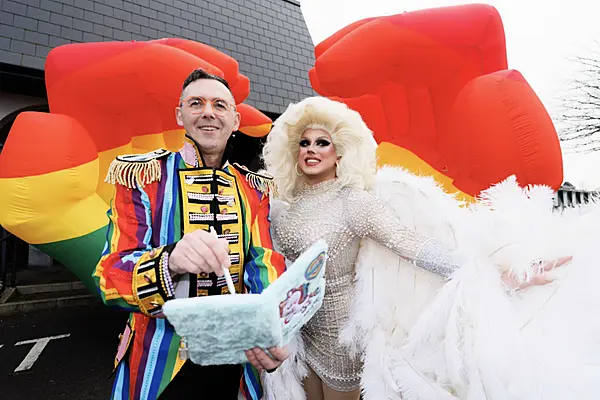The Irish government yesterday agreed a range of measures with the aim of reducing costs for small and medium-sized businesses, brought forward by the Minister for Enterprise, Trade and Employment, Peter Burke.
The measures include reopening the Increased Cost of Business (ICOB) Scheme for another 14 days and introducing a second payment of the ICOB for businesses in the retail and hospitality sectors.
Statutory Sick Leave
The government will increase the maximum amount available under the Energy Efficiency Grant Scheme to €10,000 and reduce the business contribution rate from 50% to 25%.
Plans are also being put in place to review ESRI research on the impact of statutory sick leave before deciding on any further increases.
Employer’s PRSI Threshold
The Minister for Social Protection, Heather Humphreys, has confirmed that she will increase the employer’s PRSI threshold from €441 to €496, with effect from 1 October 2024.
This will ensure that employers with employees working full time on the national minimum wage will not be required to pay the higher rate of employer’s PRSI, at 11.05%, and will instead pay the lower rate of 8.8%.
Outdoor Dining
The Minister for Housing, Heritage and Local Government, Darragh O’Brien, plans to issue a circular letter to local authorities informing them that no fees shall be charged or levied for tables and chairs for the purpose of outdoor dining up to 31 December 2024.
The government noted that this is expected to save €125 per table for hotels, restaurants, public houses and other establishments where food is sold for consumption on the premises.
Disappointment
However, the measures were greeted with disappointment yesterday by the Irish Hotel Federation (IHF) and the Vintners’ Federation of Ireland (VFI).
The IHF noted that the business measures announced by the government are ‘disappointing’ and fall far short of what is required to support small and medium-sized regional hotels that are heavily dependent on food services.
Local Authority Grant
Commenting on the local-authority rates grant, IHF president Michael Magner said that many of the very businesses that need this support are unable to avail of the scheme.
This is because businesses with commercial rates greater than €30,000 are excluded.
‘Disproportionate’
“Hotels pay disproportionate levels of commercial rates, relative to other small businesses, which means that many small hotels that should be part of the scheme are excluded,” said Magner.
“The average 25-bedroom hotel, for example, pays rates above the €30,000 threshold and is therefore disqualified, while other businesses with much higher levels of turnover and profit are included. It just makes no sense when these are the very businesses that the government should be supporting.”
Alcohol Excise Rate
The VFI noted that while elements of the supports for business announced by government are welcome, such as a second payment of the ICOB scheme, the hospitality sector requires strategic measures that will support the pub trade over the long term.
“Publicans require meaningful changes to their cost base, such as lowering the standard VAT rate and a reduction in the alcohol excise rate, currently the second highest in Europe,” said Pat Crotty, VFI chief executive.
“The announcement of a change to the employer’s PRSI threshold only covers the recent increase in the minimum wage, so [it] doesn’t result in any real benefit for our members.”
